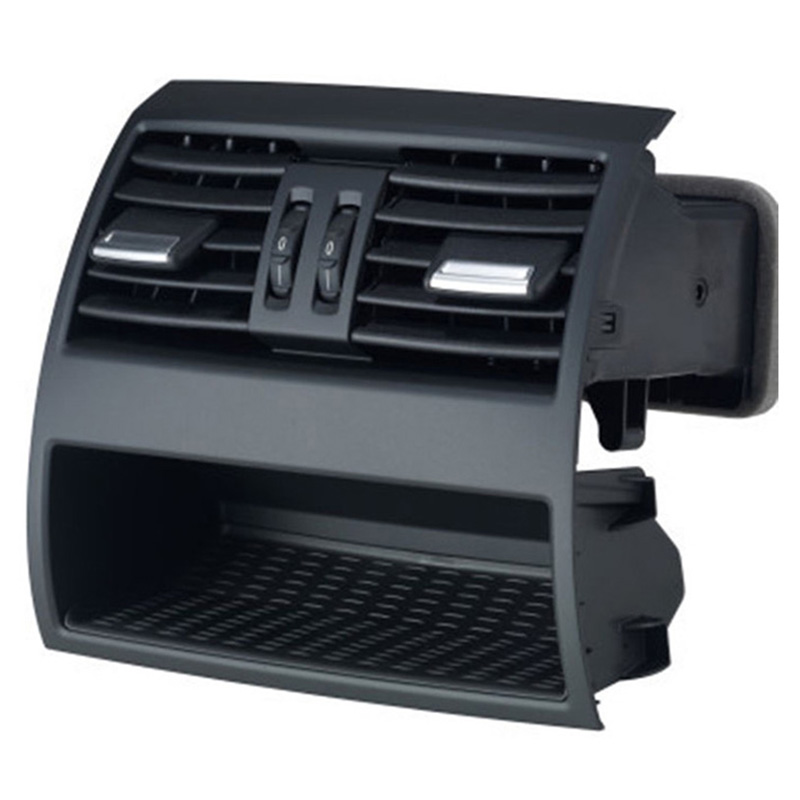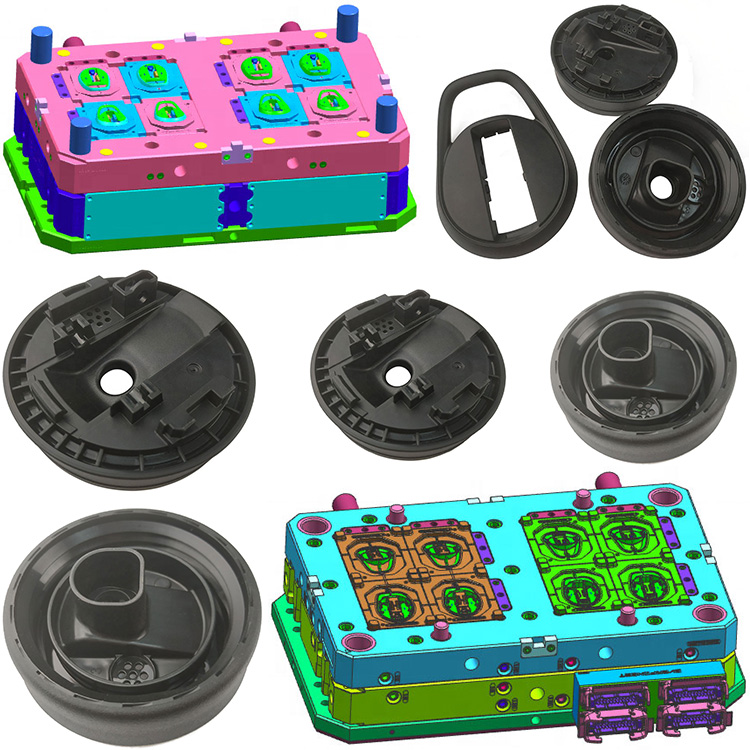
What Material is Commonly Used For The Core of Plastic Molds?
There are various choices of core materials for plastic molds, and the selection of these materials usually depends on the specific application requirements of the mold, cost considerations, and the performance characteristics of the materials. Here are some common plastic mold core materials and their characteristics:
1.Common mold core materials
1-1.NAK80
Features: Pre hardened high hardness mirror mold steel, with excellent hardness and polishing performance, suitable for making plastic product molds with high transparency requirements.
Application: Commonly used in situations where high requirements are placed on the appearance quality of the product.
1-2.P20
Characteristics: Generally suitable for plastic molds that require high hardness, high toughness, and wear resistance. After sandblasting treatment, the lifespan of the mold can be extended.
Application: Commonly used in molds of thermoplastic engineering plastics such as PS, PE, PP, ABS, etc., which have not added a fire-resistant material for flame retardancy.
1-3.738 and 738H
Features: Improved performance compared to P20, better 738H effect, and can correspondingly increase the lifespan of the mold.
Application: Suitable for situations with higher requirements for mold performance.
1-4.2316 and 2316A
Features: Suitable for high acid plastic molds, with high smoothness and high acid resistance.
Application: Commonly used in molds for molding acidic plastic materials such as PVC.
1-5.S136 and S136H
Features: It has excellent corrosion resistance and is suitable for molds that require long-term resistance to corrosion.
Application: Especially suitable for occasions such as food packaging that require high cleanliness and high corrosion resistance.
1-6.Hot work die steel (such as SKD61, H13, etc.)
Features: Strong resistance to high temperature and thermal fatigue, suitable for molds working at high temperatures.
Usage: Commonly used for high-temperature working parts such as injection machine barrels and mold cores.
1-7.Other materials
Materials such as OPTIMAX, ELMAX, CORRAX S336 also have good wear resistance, corrosion resistance, and polishing performance, making them suitable for plastic mold cores with specific requirements.
2.Principle of selection
When choosing plastic mold core materials, the following factors usually need to be considered:
2-1.Product requirements: Select appropriate materials based on the appearance quality, accuracy, corrosion resistance, and other requirements of the product.
2-2 Mold lifespan: Choose appropriate materials based on the expected service life of the mold to balance cost and performance.
2-3.Processing performance: Consider the cutting, welding, polishing and other processing performance of the material in order to reduce processing difficulty and cost.
2-4.Cost factor: While ensuring the performance of the mold, choose materials with lower costs as much as possible.










